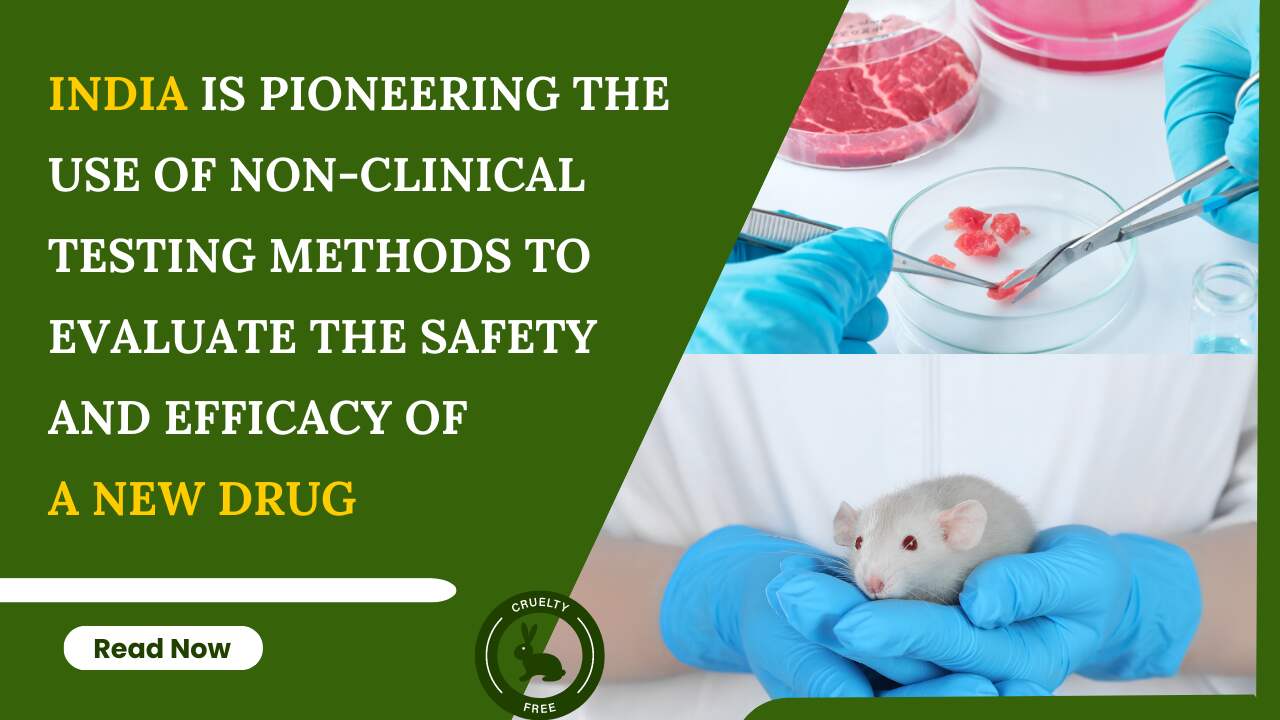Amendment to the New Drugs and Clinical Trial Rules (2023)
Scientists and researchers empowered to explore alternative testing methods, reducing reliance on animal experimentation.
The amendment empowers scientists and researchers to explore alternative testing techniques such as in vitro studies, computer simulations, and other cutting-edge technologies. By leveraging these non-animal methods, researchers can obtain critical data on the safety and efficacy of new drugs without subjecting animals to potentially harmful experimentation. Animal testing has long been a subject of ethical concern due to the inherent suffering and potential inaccuracies associated with the practice.
The amendment to the New Drugs and Clinical Trial Rules (2023) acknowledges the need for a progressive approach to drug development, one that aligns with the evolving understanding of animal rights and the advancements in scientific techniques.
The amendment is expected to come into effect in the coming months. In the future, India will be one of the first countries in the world to allow non-animal methods to be used for drug testing.
Ethical issues related to the use of animals –
Animal testing has long been a subject of ethical concern due to the inherent suffering and potential inaccuracies associated with the practice.
- Animal Suffering
- Moral consideration of Animals and rights of animals
- Balancing Human Benefits
- Informed Consent and Voluntary Participation
A recent amendment to the New Drugs and Clinical Trial Rules (2023) in India aims to reduce the use of animals in research, particularly in drug testing. This amendment allows researchers to utilize non-animal and human-relevant methods, such as ‘3D organoids, organs-on-chip, and advanced computational techniques’, to assess the safety and efficacy of new drugs.
Future Insights
As the new rule takes effect, researchers are encouraged to explore and utilize non-animal methods whenever feasible, thereby reducing the number of animals used in preclinical and clinical trials. This transformative shift not only aligns with the principles of ethical research but also paves the way for more sustainable, efficient, and reliable drug development in the future.
As researchers embrace non-animal methods, the world moves closer to a future where drug development can thrive without compromising the well-being of animals.









